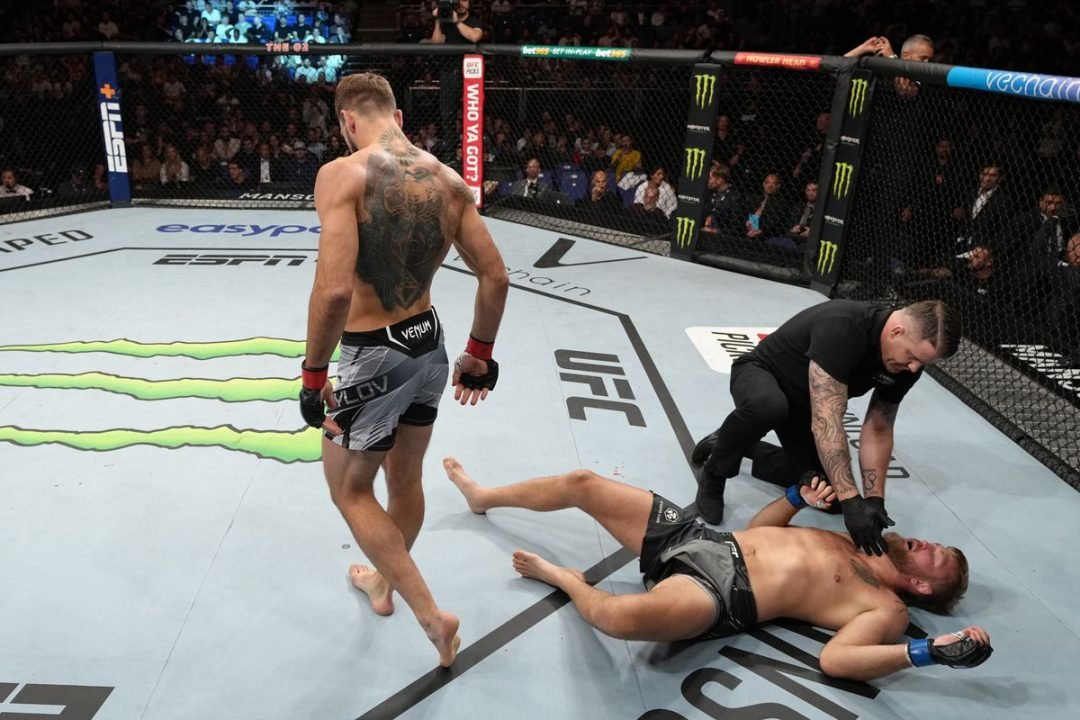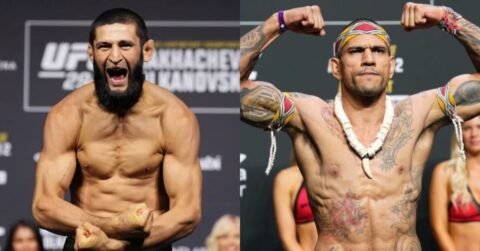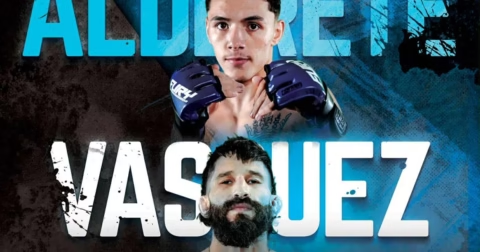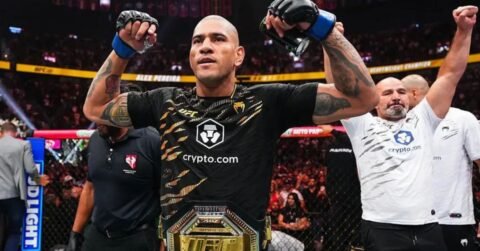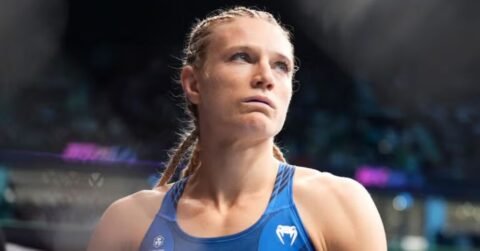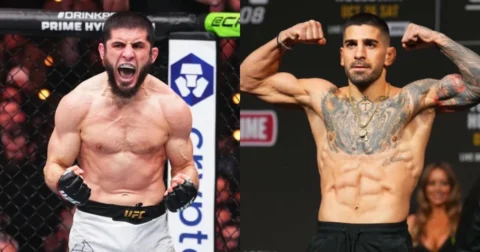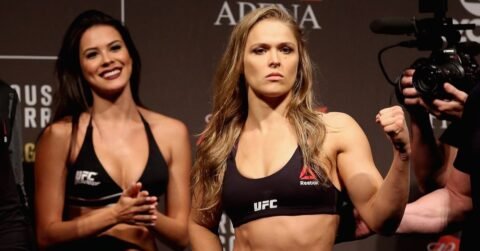After watching the blunt ending to the Gustafsson vs Krylov fight, I have not been able to stop thinking about Khabib Nurmagomedov’s cold assessment of fighter longevity: “fighters can’t have two primes”.
Is this true?
There are many fighters I can think of that were able to relive their “prime”. George foreman, Archie Moore & Wladimir Klitschko come to mind. These fighters experienced dips in their careers and later revitalized their records against a new generation of boxers with world championship title attaining wins. Foreman, in spectacular fashion, knocked out Michael Moore to reclaim the heavyweight title. Klitschko lost in 2003 and 2004 but later recaptured the heavyweight title in 2006 against Chris Byrd, leading to a legendary amount of title defences that followed. Archie Moore recaptured his early success at the age of 42 with a win over Yolande Pompey to secure a chest of world championship titles.
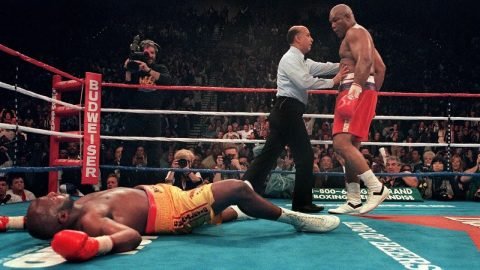
Notice, however, that the fighters I have mentioned are only boxers. This got me thinking. What is so much different between the sport of MMA and boxing that has meant MMA fighters were not able to transfer their early level of success against one generation of fighters to a new generation? After much thinking, I believe I figured out the answer.
When we look at the history of boxing from the 1980s until the present era and we compare its evolution in fighter performance, it is visible that the sport has improved by at the most, 15%. MMA, on the other hand, has evolved at hyper speed. A world champion in the early 2000s was typically excellent in one skill. Matt Hughes, for example, is a representation of this observation. Hughes was excellent at wrestling while competent in other skill areas. Now, the modern-day MMA world champion is a gladiator with many weapons, all of which are deadly and all of which can be utilised in combination with each other to inflict maximum violence on the receiver. Kamaru Usman, the current welterweight champion, is an exceptionally strong wrestler that possesses a clinical striking base that consists of heavy kicks and punches along with a robust clinch game. If were to compare each of the former fighters as if they were created in a video game, every skill bar would high in the current era while in the past there would be many skills bars with comparative deficits. When you put on a UFC card and compare it to the early days, the techniques are crisper, the skills are more diverse, the flow is smoother and fighter movement is slicker.
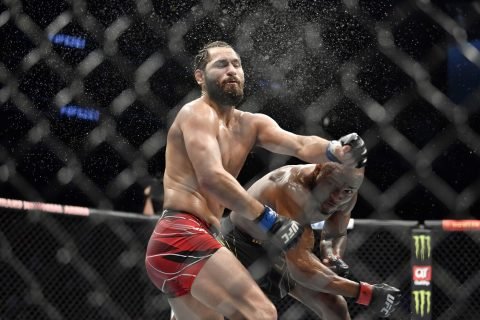
Now, what does this all mean? It highlights that MMA is evolving at a rate which means that even if we take an elite level fighter from a previous generation and put him against a new generation of elite fighters, the rapid evolution in the quality of sport will always result in the older era losing. This surmises why Khabib’s statement is true – because no matter how good you, you cannot outpace the evolution of the sport.
Now, I’m sure I will have some readers that will challenge my argument. So, lets test it with some past UFC champions. Jose Aldo is still fighting terrifically, but the improvement of the sport’s progression has out lasted him. Anderson Silva, after having his first lost in the UFC, was unable to recapture that same magic to win the UFC championship back. BJ Penn has been on the receiving end of multiple losses to the dismay of many fans. All these fighters have something in common – their skill quality, whether we like or not, was ultimately displaced and improved on by a new generation of talent. This sport is objectively violent, it has stark winners and losers, and the history of MMA has so far taught us that the present generation elite fighter always beats the past generation elite fighter.

The only true half exception is Jon Jones. When he was in the prime of his UFC career, he was a tactical magician that disposed of his opponents with ease. After years off he was able to do the same to the next generation of fighters, the second Daniel Cormier and Alexander Gustafsson fight each hold up to that statement. Jon Jones now, however, compared to where he was is a different story. Jon Jones last fought when he was 33 in which he struggled and arguably lost in those recent performances.
Now, I realise that this discussion could lead to an endless rabbit hole of arguments and interpretations and I’m sure some of you reading this will disagree with me. However, I think Khabib’s statement is mostly true when we apply it to MMA. Perhaps, in fifty years when the sport has slowed down, things will be different but for now, unlikely. This is what make the sport so special. That is why we watch it every weekend. The creative and technical expression of inflicting violence on someone is always improving and moulding into something new. This is not the sweet science, it cannot be reduced into a set moves that have been taught and learned for hundreds of years. MMA encompasses multiple arts that result in infinite combinations, movements, attacks and forms of defence. All changing, growing and expanding over generations. This is why we love the sport, because we never know as fans where the sport will go but wherever it takes us, innovation is guaranteed.

